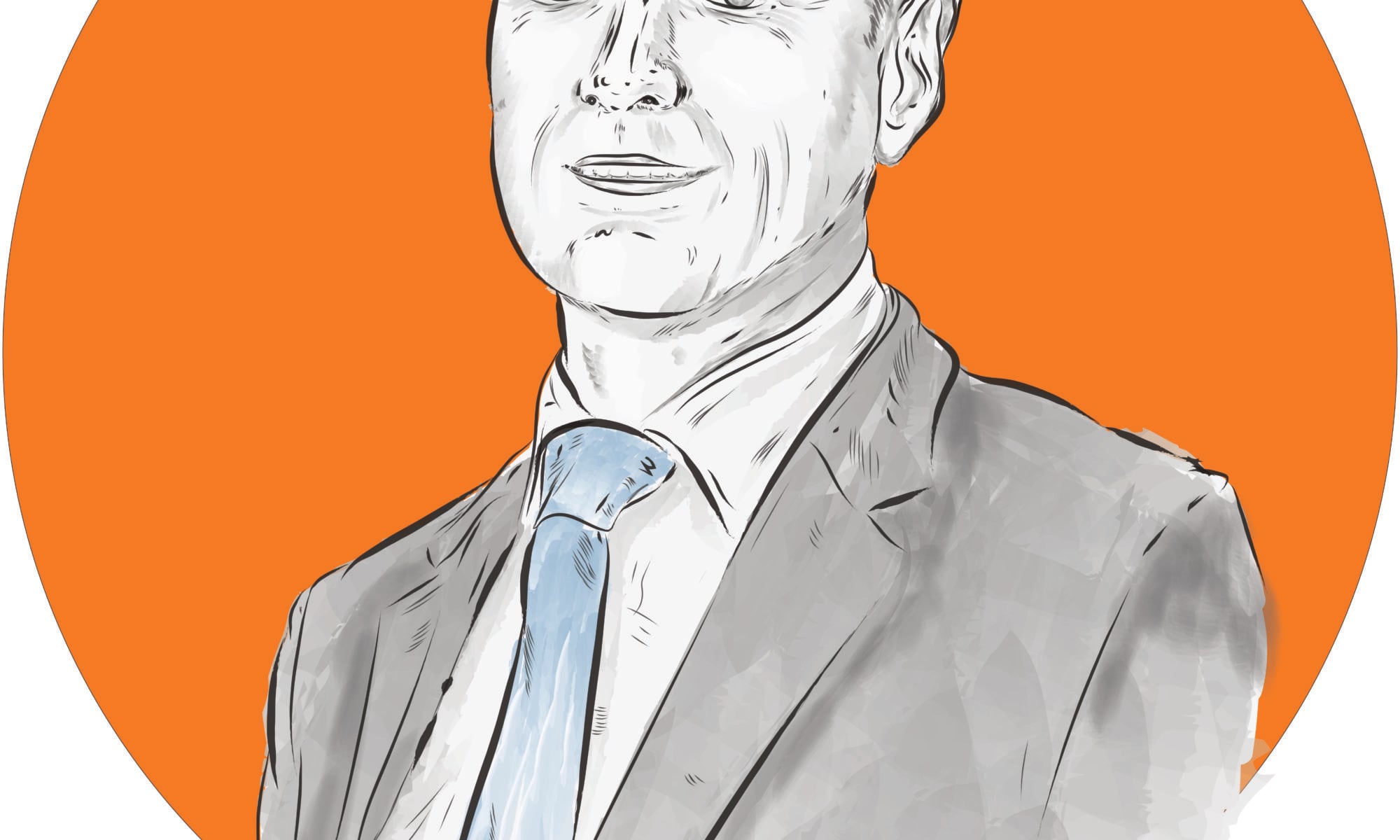How would you define your firm’s culture and how important is firm culture to you?
As an integrated African firm, our culture is driven by a need to operate as one team across all of our offices – and often in countries that we do not have a presence in – to engage seamlessly with our clients and deliver service of a consistently high quality.
Being an ‘integrated African firm’ can sound quite good on paper, but if you do not have the right culture, with people collaborating, working together and feeling proud of their place of work, then it means nothing.
Our culture is free and easy and encourages driven people to work in the way that fits best for them, we don’t have a prototype. Our culture is very important to us. I see it as distinctive as a brand differentiator across our peer firms – it is a key part of our unique selling point, or hedgehog concept, as author Jim Collins would say.
What’s the main change you’ve made in the firm that will benefit clients?
We have embraced the use of technology to deliver services in our industry, and as an enabler to provide clients with the use of our inventory of knowledge. This has been more of a progression than a dramatic change, really.
A recent example of an investment in technology to drive our service delivery is Kira, the artificial intelligence (AI) due diligence solution. We are actively working towards many others, including the use and analysis of data to improve our service offering.
Is technology changing the way you interact with your clients and the services you can provide them?
Absolutely yes, and immeasurably so. You need only think back five years, and five years before that, to see there has been fundamental change that is continuing. At this point in the legal profession, we have only set the baseline, the starting point.
Now we are beginning to understand this capacity, and how to use technology for better, speedier, more efficient ways of delivering service to clients. The AI solution is an easy example in a narrowly focused area, bringing huge efficiency to due diligence in corporate transactions. What I see is the use of similar solutions in various segments of work that law firms do. This change is here to stay.
What are the biggest challenges facing firms of your size in South Africa?
South African law firms are facing an increasingly competitive environment, with many more law firms and alternative provider competitors that were never in the market before. This we see as a positive – the size of the market has reached a good place to attract this competition, and competition brings the best out of us. At the same time, clients are changing the way they procure legal services. They themselves are using data, doing more work in-house and driving their own internal efficiencies. Many multinational clients now have large in-house legal teams doing some of the work law firms used to do.
What do you think are the top three things most clients want and why?
Most clients want access to smart people who are extremely efficient, understand their needs and can provide appropriate advice and solutions at a sensible price. By that I mean a price that matches the context, input and output. If the company’s future is at stake and its has a number of smart lawyers around who are adding value and not wasting time, then most clients are willing to pay a price commensurate with that. But in different circumstances the task may need to be resourced and completed in a very different way, and clients expect a firm like ours to have the experience and know-how to understand the difference.
What have you found is the best way to retain talent – both at partner and associate levels?
The firm’s culture is very important in attracting and retaining talent. It is a key differentiator. We also need to work hard at our own profitability because top-end talent doing top-end work expect to receive remuneration at the top end.
You have to consistently bring in the best work that the brightest minds want to do and you need to be doing it profitably so you can pay competitive remuneration within a culture they want to work in. We have to be aspirational and stay at the top end.
Since becoming managing partner, what’s surprised you most about running a firm?
What surprised me is the complexity around managing a broad range of very talented people and keeping them all moving in the same direction. It is more of a challenge than I had anticipated, but also rewarding because of the quality of ideas that come out when dealing with smart people with very different specialist expertise, all having strong views.
If you have three very smart people, all with strong minds and wanting to go in slightly varying degrees in the same direction, the engagement can be highly stimulating but also challenging.
How has your role/involvement in client-facing work changed since becoming managing partner?
I have needed to be very disciplined as to what type of work I can take on, given the other challenges on my time. I embarked on a wish to do 50:50 management and client work but that’s not realistic and I try and do 70:30.
Obviously, I have to ensure clients’ interests are put first in that equation, so in effect I choose major issues for important clients where I really feel my skills, expertise and experience – sometimes with a particular client – are needed to help the client. If there’s something someone else can do, I should not be doing it.
However, the ‘something else’ might not just be about basic legal skills; it might be about knowledge of that particular client or it might be a multi-disciplinary background. I have worked in various areas in my career which is not that easy to mirror. Keeping in touch with clients and their needs is absolutely essential for a successful managing partner.

